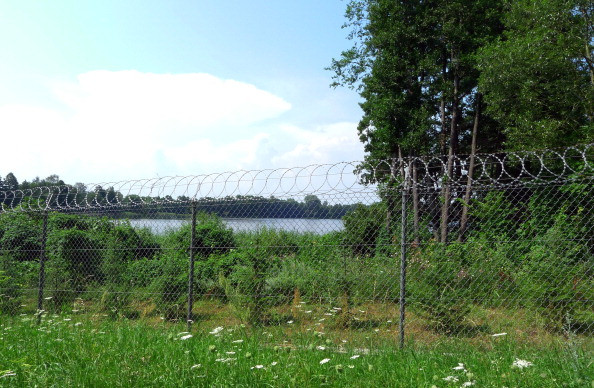CIA torture report: European Court of Human Rights confirms Poland hosted 'secret jail'

The European Court of Human Rights rejected on 17 February, 2015, an appeal by Poland to review its ruling that the country had hosted a secret CIA jail where at least two men were detained.
The court's decision will oblige Poland to hold accountable the officials who allowed the prison to operate, Reuters reported.
The Strasbourg-based court also ordered Poland to conclude a criminal investigation into the jail and pay compensation totalling 230,000 euros (£170,500) to the two prisoners.
The Polish foreign ministry said in a statement it would now abide by the court's decision.
"We will comply with the ruling. We have to do it. It's a question for the coming weeks," foreign minister Grzegorz Schetyna said.
The ruling comes after a December 2014 report from the US senate which detailed cases in which prisoners were subjected to torture by CIA officials.
The report detailed the so-called "interrogation techniques" adopted by CIA to obtain information from terror suspects.
The methods included, among other things, waterboarding, force feeding, beating, mock executions, and "rectal feeding" or "rectal hydration", a procedure that the chief of interrogations would later characterise as illustrative of the interrogator's "total control over the detainee".
After the release of the Senate report, former Polish president Aleksander Kwasniewski and former prime minister Leszek Miller admitted they were aware the CIA had been holding people in a jail codenamed Quartz.
However, they said they did not know what was happening in the centre.
The jail was in a villa on the grounds of an intelligence training academy in the military area of Stare Kiejkuty.
Helen Duffy, the lawyer for Abu Zubaydah, one of the men held in the prison, said following the ruling: "Poland is required to finally conduct a thorough and effective investigation, make public information concerning its role and hold those responsible to account.
"It is remarkable, and an affront to the rule of law, that despite the mass of information now available to us, still no one has been held to account for torture."
Amrit Singh, a lawyer with the Open Society Justice Initiative who acted for Abd al-Rahim al-Nashiri, one of the men who brought the case against Poland, said: "This judgment sends a message loud and clear that European states that collaborated in the CIA torture program cannot evade accountability," said Singh.
© Copyright IBTimes 2025. All rights reserved.






















